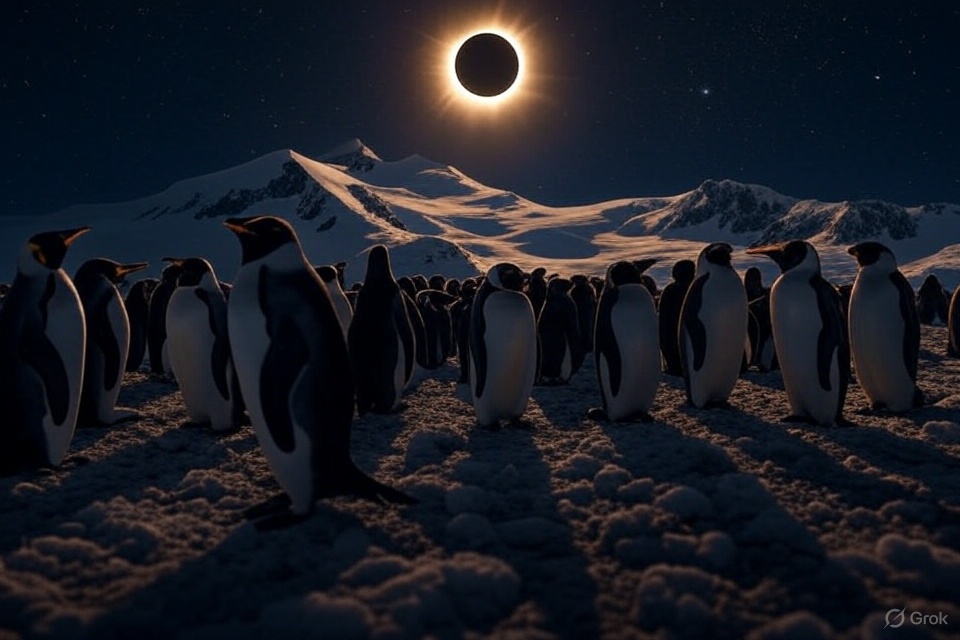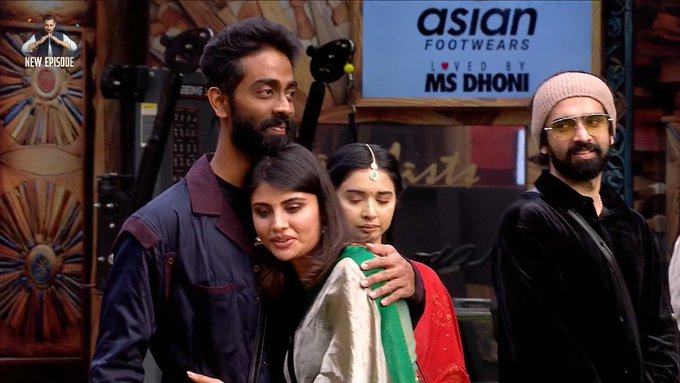
Solar Eclipse Today 2025: Will India See It? Full Details, Timings, and Quirky Facts
Published: September 21, 2025, 11:12 AM IST
Hello, stargazers! It’s September 21, 2025, and the internet is buzzing with questions like, “Is there a solar eclipse today?” “What time does it start?” “Will it be visible in India?” If you’re wondering whether to grab binoculars or just go back to binge-watching, this blog’s got you covered. Spoiler alert: India’s out of luck, but you can still catch the cosmic drama online! Plus, no need to stress about rituals – it’s a nighttime event here. Let’s dive into the details with a sprinkle of humor.
What’s a Solar Eclipse? The Cosmic Cliffhanger
A solar eclipse happens when the Moon plays cosmic hide-and-seek, sliding between Earth and the Sun, blocking its light partially or fully. Think of it as the Moon photobombing the Sun’s selfie! Today’s eclipse is a partial solar eclipse, meaning the Moon will cover only part of the Sun – about 85% at its peak. Scientifically, it’s tied to the Moon’s descending node in the Saros 154 cycle, repeating every 18 years or so. In simple terms? It’s a sky show that’s cooler than your average Sunday.
Today’s Solar Eclipse: Timings and Duration
This is the final solar eclipse of 2025, happening on September 21-22. Here’s the schedule in Indian Standard Time (IST):
- Start: September 21, 10:59 PM IST
- Peak: September 22, 1:11 AM IST (Sun 85% covered)
- End: September 22, 3:23 AM IST
Total duration: roughly 4 hours and 24 minutes. But here’s the catch – it’s happening at night in India, when the Sun is chilling below the horizon. So, no direct viewing for us!
In Universal Time (UTC): Starts at 17:29, peaks at 19:41, ends at 21:53. If you’re in New Zealand, you’d be sipping coffee while watching this at sunrise!
Will India See It? Nope, Sorry!
Bad news, folks: India, Pakistan, Sri Lanka, and most of the Northern Hemisphere miss out because the eclipse occurs at night. The Southern Hemisphere gets the front-row seats:
- Antarctica: Up to 86% coverage – penguins get the best view!
- Southern New Zealand: Sunrise eclipse, Moon biting a chunk of the Sun
- Pacific Islands (Tonga, Fiji): 17-32% coverage
- Australia: Morning show from 6:13 AM to 7:36 AM local time
India folks, don’t dust off your telescopes. Instead, tune into NASA’s live stream or check timeanddate.com for a virtual front-row seat – no sunburn included!
Sutak Kaal: Any Restrictions Today?
In Hindu tradition, a solar eclipse triggers a sutak kaal (inauspicious period) 12 hours before, but only if it’s visible. Since India’s in the dark (literally), no sutak applies. Feel free to cook, pray, or binge-eat your favorite snacks. Pregnant women? No need to hide under the bed – you’re good. For the extra cautious, maybe avoid major rituals between 10 PM and 3 AM, but honestly, you’re probably just sleeping.

How to Watch Safely? Don’t Burn Your Eyes!
If you’re in a viewing zone, never look directly at the Sun – it’s like staring at a bad decision. Safety tips:
- Use ISO 12312-2 certified solar glasses
- Try a pinhole projector – DIY science fun!
- Watch online: Search “Partial Solar Eclipse 2025 Live” on YouTube or NASA’s site
Fun fact: 2025 has four eclipses – two lunar (March, September) and two solar (March, this one). Today’s event is a cosmic reminder of how Earth’s dance with the Moon creates these spectacles.
Next Solar Eclipse? When’s India’s Turn?
This is 2025’s last solar eclipse. The next one’s on March 29, 2026, but India’s still not on the guest list. The next visible partial solar eclipse in India? Mark your calendars for 2027. Until then, keep your eyes on the skies (or the internet).
So, there you have it – today’s solar eclipse is a global event, but India’s stuck with the livestream life. It’s a humbling nod to our tiny place in the vast universe. Will you catch it online or sleep through it? Drop your thoughts in the comments (if this blog had any). Stay curious, and keep looking up!
Word count: 705 (Like the eclipse’s shadow, just enough coverage!)
![]()




